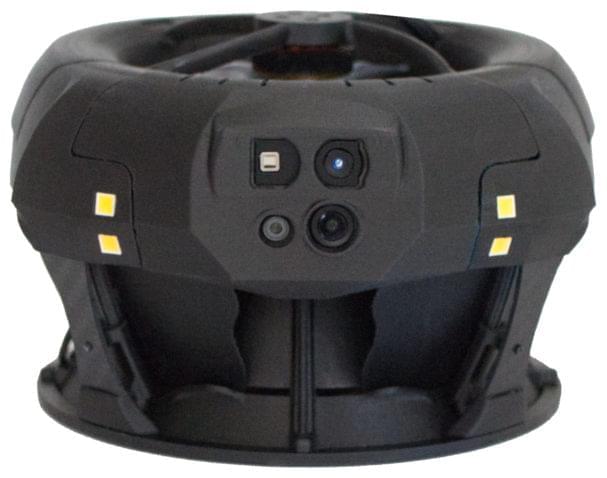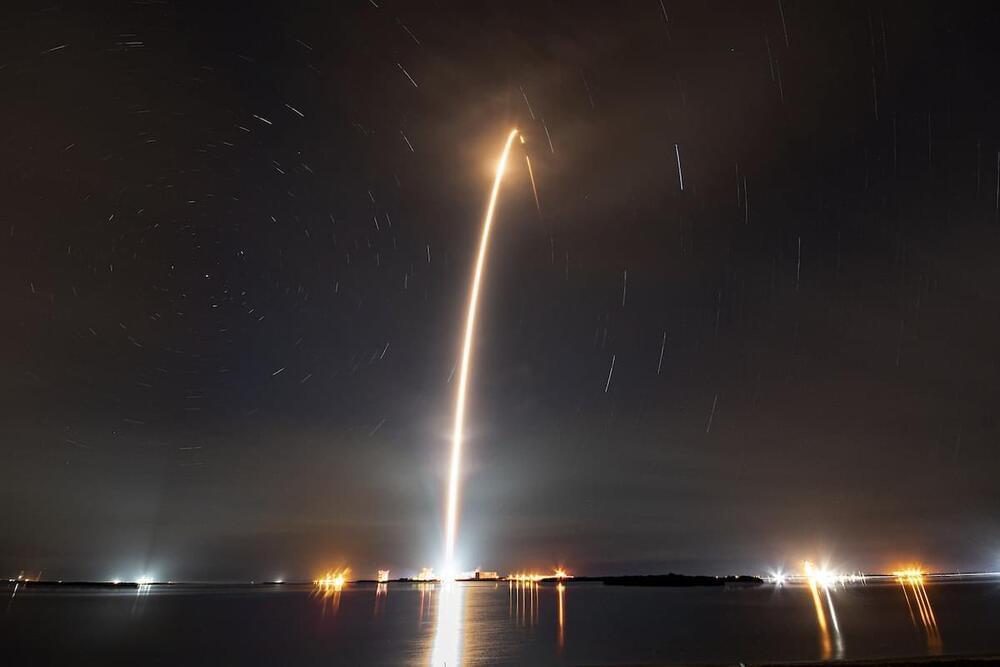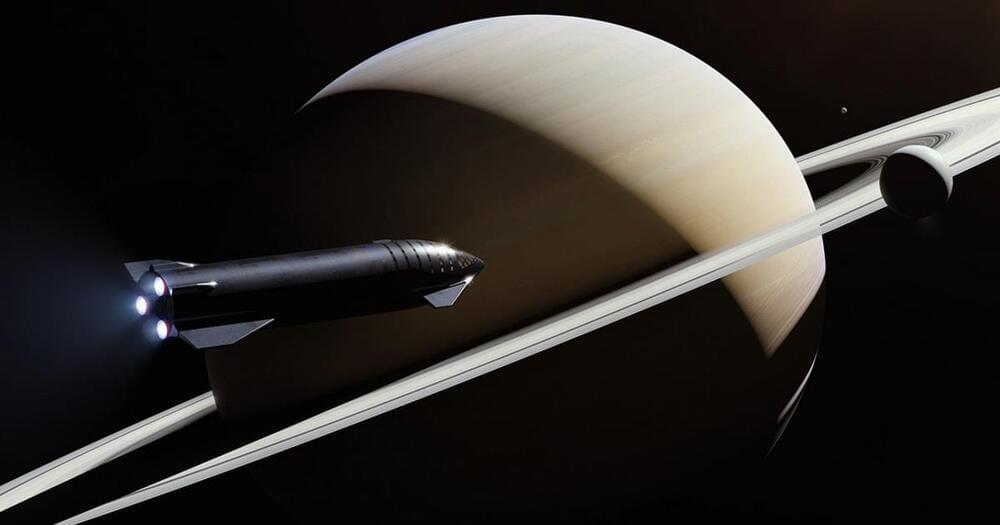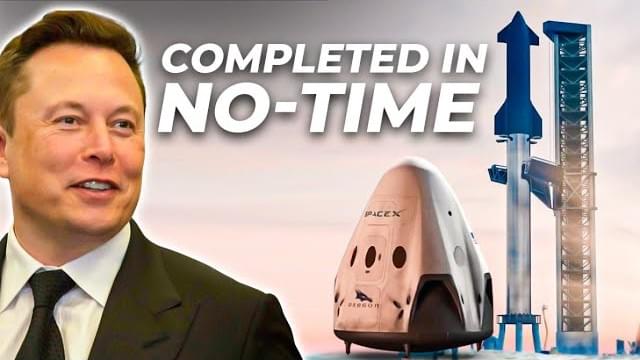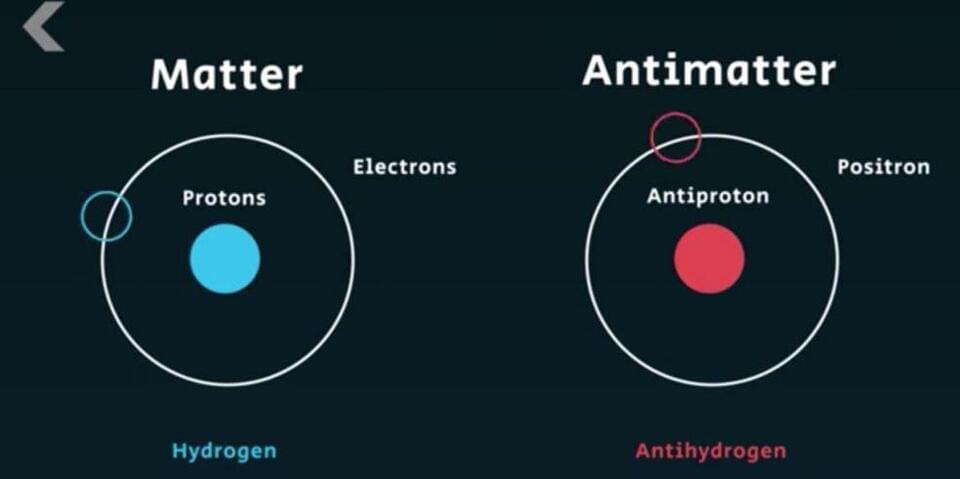Nov 30, 2021
Drone Without Exposed Rotor Blades the Dronut
Posted by Dan Kummer in categories: drones, robotics/AI, security, space travel
For scanning underground structures and caves. Maybe scanning buildings, and doing security stuff, but doors would be a problem. Also too loud, but would be a nice start point for an Ion Drive flight system.
By Jim Magill
Looking like a micro-sized version of the Death Star, the Dronut X1, which Boston-based start-up Cleo Robotics released for commercial use earlier this month, is the first professional-grade bi-rotor ducted-fan drone – a drone without exposed rotor blades – built to conduct inspections in close-quartered and hazardous environments.
Continue reading “Drone Without Exposed Rotor Blades the Dronut” »
